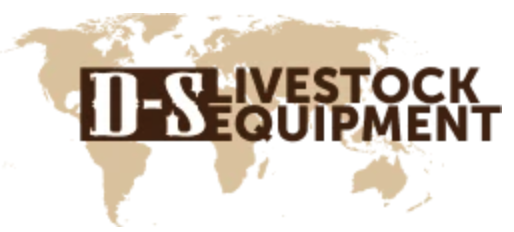Starting a Sheep Operation? We Have Livestock Equipment To Help You Get Set Up!
Are you new to managing a sheep operation? If you are unsure of what equipment you might need to acquire, we welcome you to browse our website and catalog.
Sheep’s Diet
The basics begin with providing your flock with the balanced diet their bodies need. And if your sheep live on a diet of dry hay and grain they will need to have access to more water in their diet. Tip: Sheep thrive on grains and forbs (like weeds but covered with alfalfa and clover). Grass and shrubs are useful too.
Water Supply
All animals need water to survive and thrive. Your sheep will need access to fresh, clean water, preferably water that is still (versus flowing). You can use buckets or other types of automatic waterers. You’ll also need to rinse out their water container regularly to keep it fresh and clean. Water should be kept in the shade during the hotter summer months. Your sheep’s water supply should be fenced off from nearby streams and other natural water sources to help control what they are ingesting. How much water does your sheep need? This depends on the following factors:
- The animal’s weight
- The ewe is lactating
- What they are being bred/raised for
- Their environmental conditions
If your sheep don’t appear to be drinking, it may be that they are fulfilling their water requirement through their foraging activities. Even so, it’s a good idea to give your animals access to clean, fresh water at all times if possible.
Sleep Shelter
Your adult sheep typically do well under various kinds of weather conditions, but it is wise to provide them with an area they can take shelter in, as well as dry out if needed and as a safe haven from harsh winds or sun conditions. Your sheep will more likely thrive under healthy conditions, such as making sure their bedding is soft to better absorb moisture.
Be sure to give your sheep the routine care they need, including regularly vaccinating your sheep herd and making sure their cloven hooves are properly trimmed for comfort when moving around. If you are currently looking for the right equipment to keep your operation running smoothly, we welcome you to browse our D-S Livestock Equipment. We supply everything from feeders to handling systems to show equipment. Call [phone] today if you have any questions.
